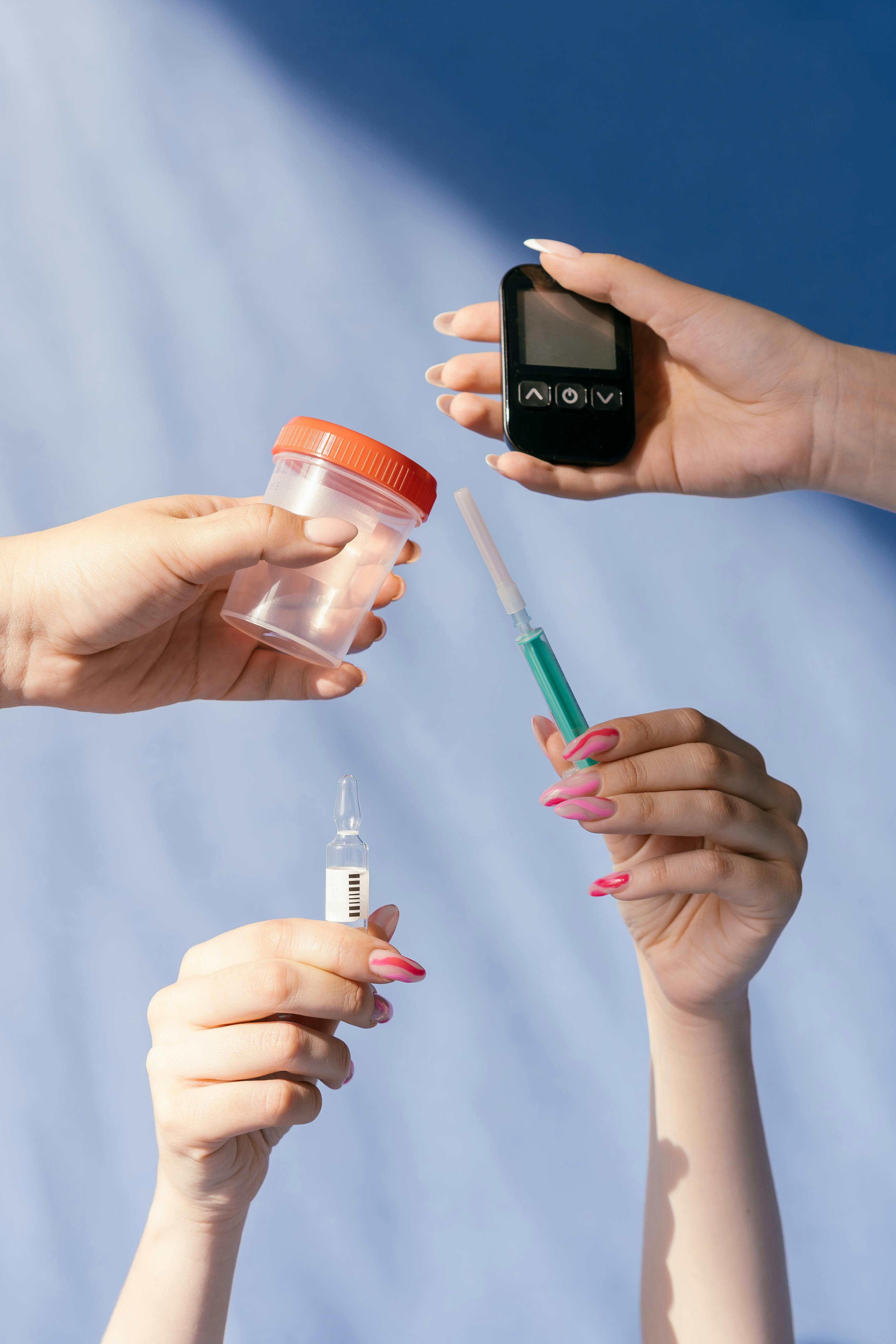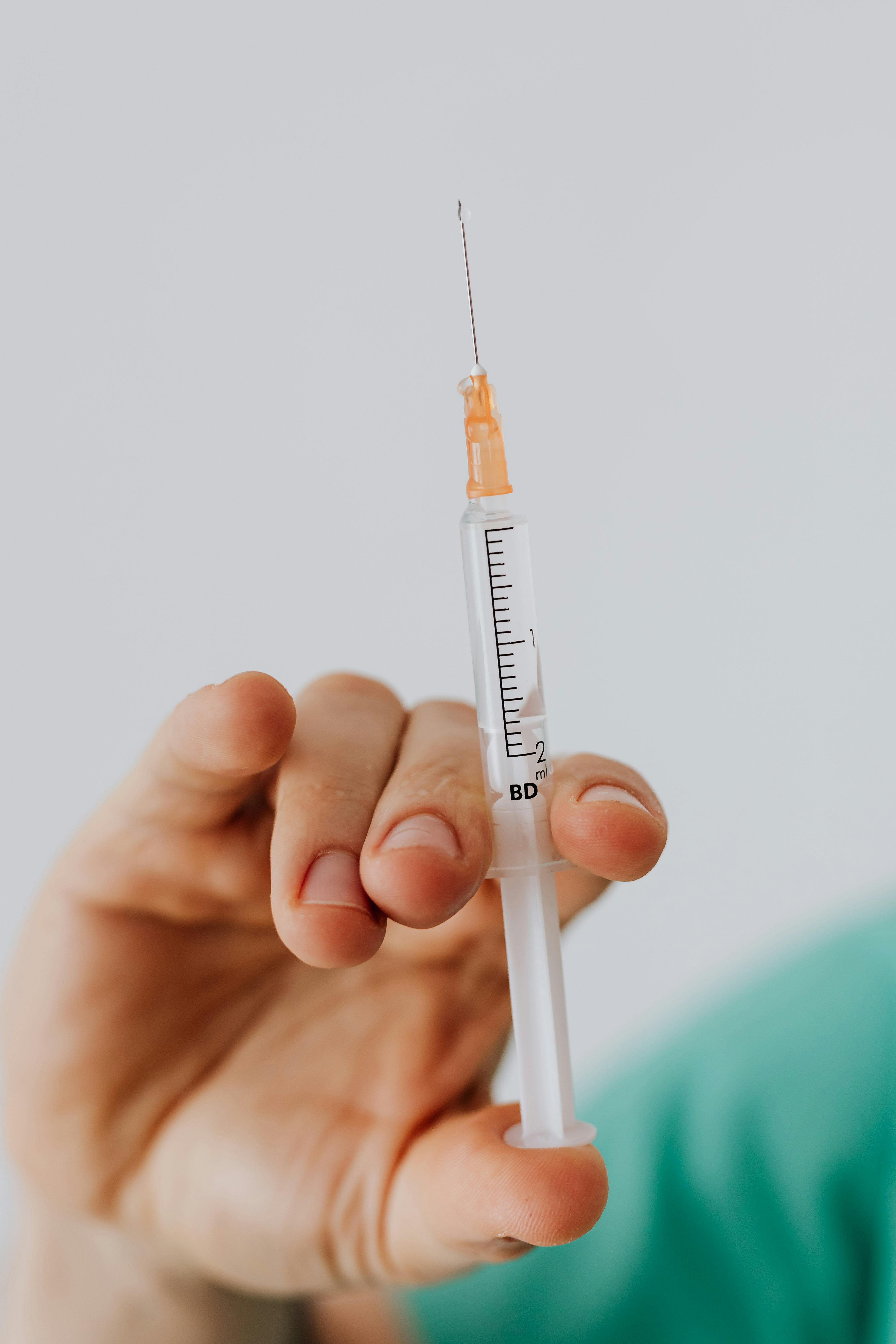Diabetes mellitus symptoms depend on how high the blood sugar is. Some people may not have symptoms as in type 2 diabetes, prediabetes, or gestational diabetes. In type 1 symptoms appear quickly and severely.

What is diabetes mellitus?
It is a metabolic disease that affects people of all ages and causes high blood sugar (glucose).
A person develops diabetes when the pancreas doesn’t produce insulin in sufficient quantity or when the body doesn’t respond to insulin.
Insulin hormone moves sugar into the cells from the blood to be stored or used for energy.
Most forms of diabetes are chronic. All forms can be controlled with treatment.
Untreated diabetes leads to damage to the nerves, eyes, kidneys, and other organs therefore, people must be aware of diabetes mellitus symptoms and how to regulate blood sugar levels by organizing meals.
Causes of diabetes mellitus
The amount of blood sugar is controlled by the insulin hormone produced by the pancreas.
When food is digested and enters the bloodstream, the insulin hormone moves sugar into the cells from the blood to be stored or used for energy.
In the case of diabetes: the body can’t break down glucose to produce energy because the pancreas doesn’t produce the insulin in sufficient quantity or when the cells don’t respond to insulin.
Types of diabetes mellitus
Diabetes type 1
The immune system attacks cells in the pancreas which produce insulin.
Diabetes type 2
It's the most common type that occurs when the body doesn’t respond to the insulin and the sugar is built up in the blood, over 90% of all people living with diabetes have type 2.
Diabetes type 1.5
It is called latent autoimmune diabetes in adults (LADA). LADA is an autoimmune disease that can’t be treated by diet or lifestyle.
Gestational diabetes
high blood sugar during pregnancy, the placenta produces insulin-blocking hormones that cause this type of diabetes.
Diabetes insipidus
There is a rare type called diabetes insipidus which is caused by the removal of too much fluid from the body by the kidney.
Neonatal diabetes
This type is rare and occurs within the first six months of life. It’s a form of monogenic diabetes.
Prediabetes
It occurs when the body cells don’t respond to insulin, and this can lead to type 2.
Blood glucose levels are higher than normal but not high enough to be diagnosed as type 2 and many people with prediabetes don’t know they have it.

Diabetes mellitus symptoms
Diabetes mellitus symptoms are caused by an increasing blood glucose level more than normal.
There are general diabetes mellitus symptoms:
- Frequent urination
- Feeling more fatigued
- Feeling thirsty and dry mouth (polydipsia)
- Blurred vision
- Weight loss
- Sores don’t heal quickly
- Getting many infections
- Feeling more hungry
Some diabetes mellitus symptoms differ according to sex.
Symptoms in men
- Low sex drive
- Muscle weakness
- Erectile dysfunction
Symptoms in women
- Dryness of the vagina
- The skin becomes dry and itchy
- Infection of the urinary tract
Causes of diabetes mellitus
Different causes for each type of diabetes.
Type 1 diabetes
The immune system attacks the cells that produce insulin hormone (Beta cells) in the pancreas and doctors don’t know what causes type 1 diabetes. It may be genetic or caused by a virus.
Type 2 diabetes
Type 2 diabetes results from some genetic reasons and lifestyle factors. obesity and being overweight increase the risk of diabetes and make the body cells more resistant to the effect of insulin on the blood sugar.
Type 1.5 diabetes
Type 1.5 diabetes is an autoimmune disease that occurs when the antibodies attack the pancreas, as in type 1. It may be genetic.
Gestational diabetes
Gestational diabetes is caused by hormonal changes during pregnancy. The placenta produces insulin-blocking hormones that make the body cells less sensitive to insulin and this leads to high blood sugar during pregnancy.
People who are overweight when they get pregnant are more likely to get gestational diabetes.
All these reasons lead to diabetes mellitus symptoms.

How is diabetes diagnosed?
Diabetes is diagnosed by checking the glucose level in a blood test.
Blood glucose level can be measured by 3 tests:
Fasting blood glucose test
As food affects blood glucose levels you don’t eat or drink anything for at least eight hours before the test.
Random blood glucose test
you can get this test at any time of the day.
Hemoglobin A1C test
It measures the average amount of glucose level in the blood over the past three months. The result is reported as a percentage.
The higher the percentage, the higher the blood glucose levels.
It’s important to know how the body uses glucose to understand diabetes and diabetes mellitus symptoms.
What is the role of insulin?
Insulin is a hormone that is secreted by the gland called the pancreas.
The insulin is secreted by the pancreas into the bloodstream.
The insulin circulates and makes sugar enter the cells.
Insulin decreases the amount of sugar in the bloodstream.
Sugar (glucose) is an energy source for the cells that build muscles and tissues.
Complications of diabetes mellitus
If you have diabetes and don’t control your blood sugar the higher the risk of complications. Complications of diabetes develop gradually and include:
Diabetic nephropathy
kidney damage from diabetes because diabetes can damage the filtering system of the kidney.
Diabetic neuropathy
nerve damage from diabetes because too much sugar may injure the wall of small blood vessels (capillaries) that nourish the nerves, especially in the legs, and can cause tingling, numbness, or pain that starts at the tips of the toes or fingers and gradually spreads upward.
Damage to the nerves related to digestion may cause problems with nausea, vomiting, constipation, and diarrhea.
Cardiovascular disease
Diabetes may increase the risk of heart problems and blood vessel diseases which include: atherosclerosis (narrowing of arteries), heart attack, and coronary artery disease
Diabetic retinopathy
Eye damage from diabetes diabetes can damage blood vessels of the eye and may lead to blindness.
skin infection
Diabetes may cause bacterial and fungal infections.
foot damage
Diabetes can cause damage to the nerves in the feet or decrease blood flow to the feet and cause many foot complications.
Hearing problems
Are common in people with diabetes.
Depression
Is considered one of diabetes mellitus symptoms, especially in people with type 1 and type 2.
People should be aware of diabetes mellitus symptoms to begin diagnosis and treatment early and avoid complications.
Summary
Diabetes mellitus symptoms depend on how high the blood sugar is. Some people may not have symptoms as in type 2 diabetes, prediabetes, or gestational diabetes. In type 1 symptoms appear quickly and severely.


You must be logged in to post a comment.